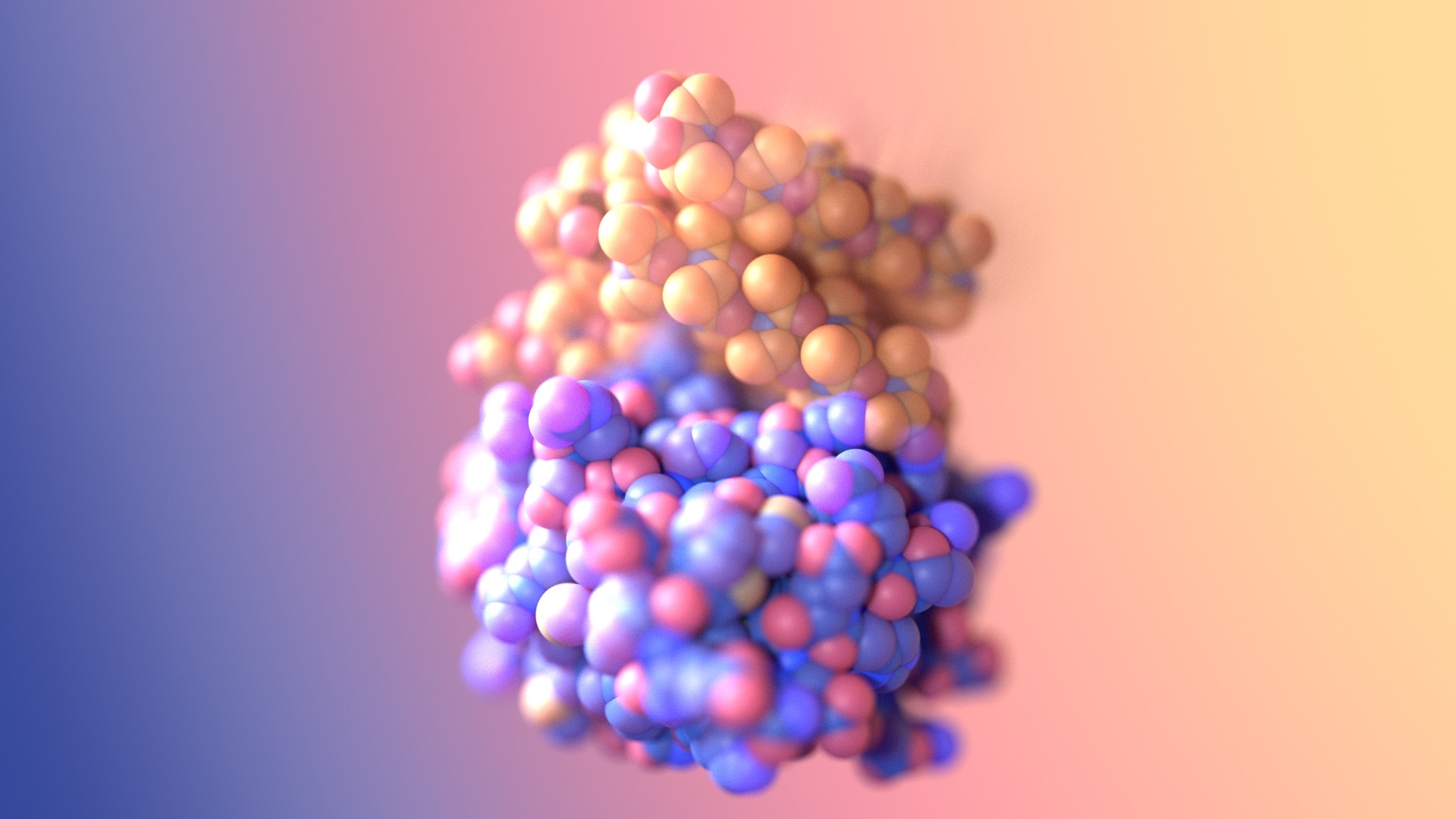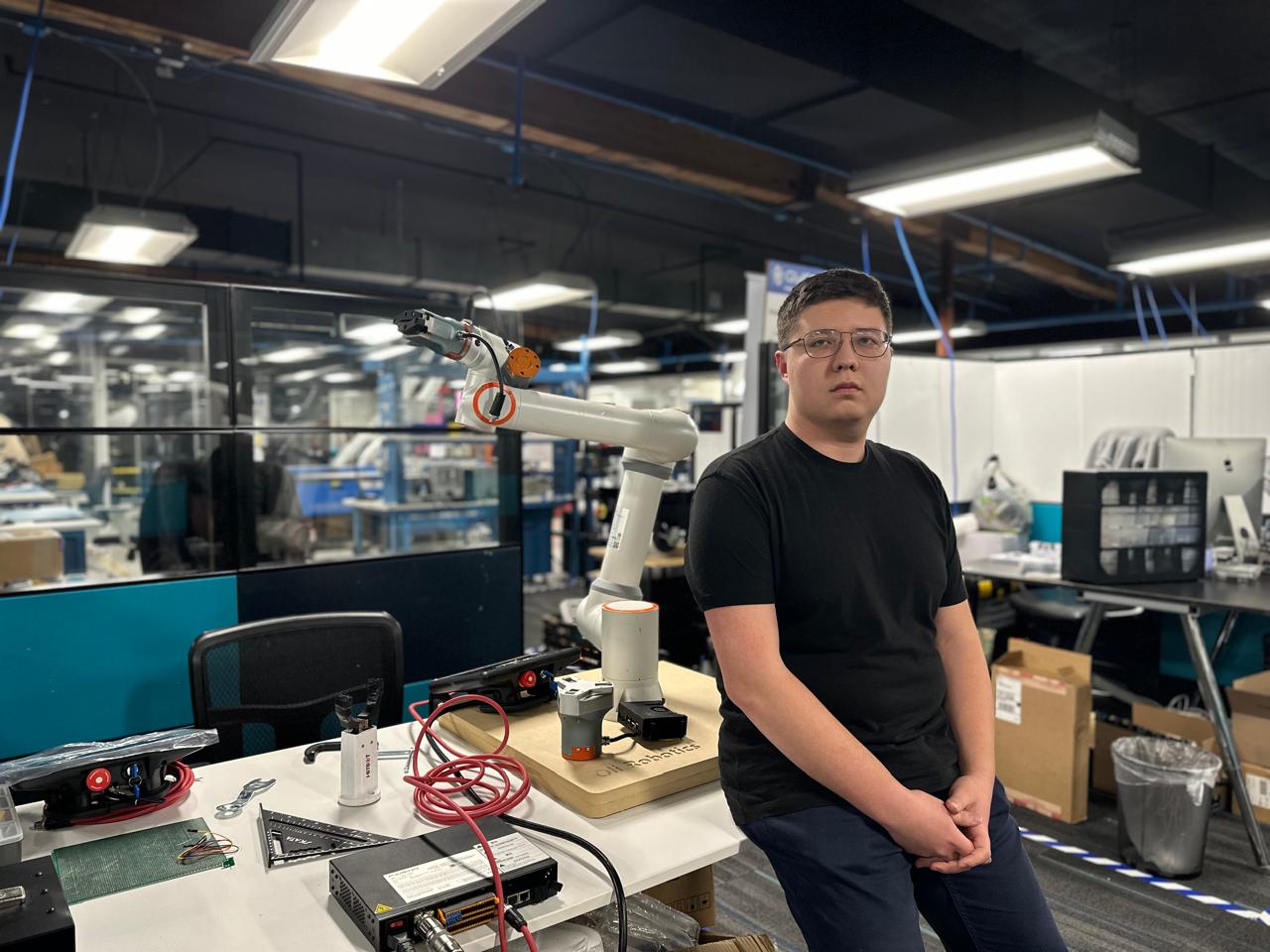AI Revolutionizes Enzyme Design for Medicine and Sustainability
For years, scientists have attempted to create artificial enzymes, but their efficiency often stalled at the first reaction step. Now, thanks to artificial intelligence, researchers have successfully designed enzymes that mimic natural ones and speed up reactions 60,000 times faster than previous attempts.
Breaking Barriers in Enzyme Engineering
Enzymes are essential for biological processes, including digestion, fat metabolism, and blood clotting. Natural enzymes, such as serine hydrolases, perform these reactions efficiently. However, designing synthetic versions with similar capabilities has been a significant challenge.
Using AI models RFdiffusion and PLACER, scientists optimized the structural design of artificial enzymes, making it possible to create functional proteins from scratch. These AI-generated ferments successfully completed a four-step serine hydrolysis reaction, a milestone in synthetic biology.
Potential Applications Beyond Biology
This breakthrough extends beyond medicine and metabolism. Researchers believe AI-designed enzymes could play a crucial role in sustainability, particularly in plastic degradation. Scientists are already exploring enzyme-based methods for breaking down materials like black polystyrene, one of the most difficult plastics to recycle. Recent studies have shown up to 80% efficiency in recycling this material, and AI-generated enzymes could further improve this process.
The Future of AI in Biotechnology
While this achievement is still in its early stages, researchers see it as proof that AI can create complex biological molecules previously deemed impossible. Future applications may range from developing life-saving drugs to revolutionizing waste management. As AI continues to refine enzyme engineering, we may witness a new era of synthetic biology with groundbreaking medical and environmental benefits.






